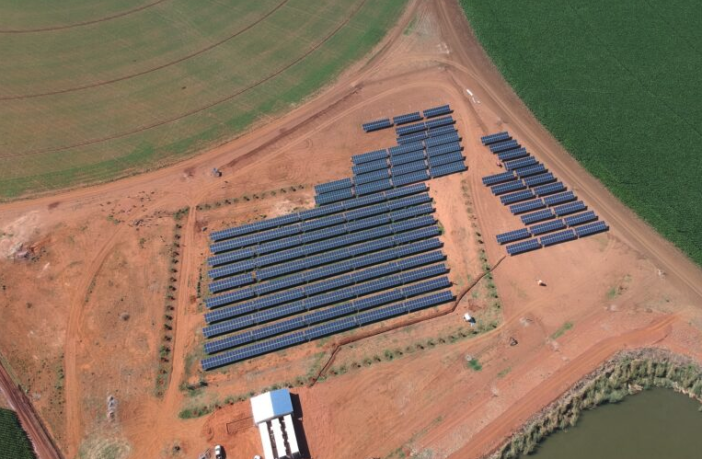- The Minister of Agriculture, Land Reform and Rural Development Ms Thoko Didiza, yesterday launch the Agro Energy Fund to assist farmers to alleviate the impact of loadshedding.
- The Department of Agriculture, Land Reform and Rural Development will contribute R500-million towards the grant aspect of the fund, while the Land Bank will match that with R710-million for the loan portion.
- The funding includes grants and loans, ranging between R500,000 and R1.5-million, depending on scale of farming operations.
Earlier this year, in response to the energy challenges in the sector, the Minister established a Task Team comprising of sector partners, to advise on solutions to mitigate against the impact of energy cuts on the sector. In addressing alternative energy sources in the sector, the Minister together with the Land Bank has announced that farmers can now access the Agro-Energy Fund. The focus for the Agro-Energy Fund is on energy intensive agricultural activities. These will include irrigation, intensive agricultural production systems and cold chain related activities.
“We are delighted to be in this partnership with the department for the implementation of the Agro Energy Fund, which is important to provide energy security to ensure that farming continues uninterrupted even during load shedding hours and there will be extra energy stored through this funding,” said Thabi Nkosi, chair of the Land Bank board. “This may also reduce the electricity bill of the farms as they will no longer buy full units but use solar-generated energy,” added Nkosi.
The blended funding is offered in the following manner:
- Small-scale farmers can receive financing in the form of a 70% grant and a 30% loan, with the grant set at a maximum of R500,000.
- Medium-scale farmers, 50% will be a grant with a 50% loan capped at R1-million.
- Large-scale and mega commercial producers are eligible for a 30% grant and a 70% loan capped at R1.5-million.
Targeted sectors for the financing include grains and oilseeds, fruits and nuts, livestock, food sectors such as sugarcane and vegetables, non-food sectors such as wool and mohair, and industrial crops such as cotton. Prioritised sectors include dairy farming, piggeries, poultry, all irrigated commodities, and on-farm processing.
AgriSA CEO Christo van der Rheede said the funding is still not enough to address the challenges farmers face. “We are, however, concerned that given the magnitude of this crisis; the amount provided per farmer will only scratch the surface in addressing the crisis. We therefore hope to have further discussions with the department about bringing private finance institutions into the scheme, to make more funding available,” said van Rheede when the fund was first announced in May
Author: Bryan Groenendaal















